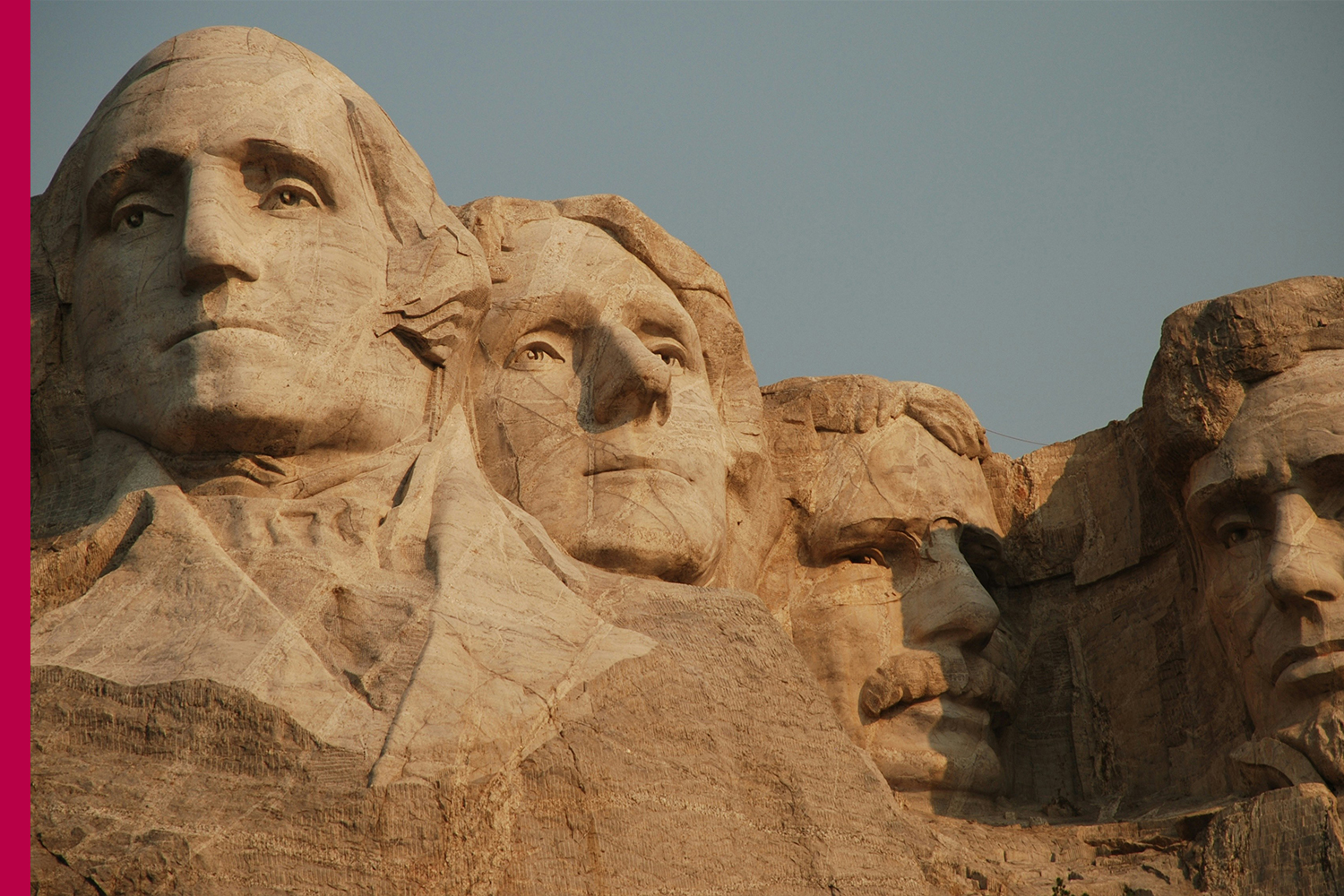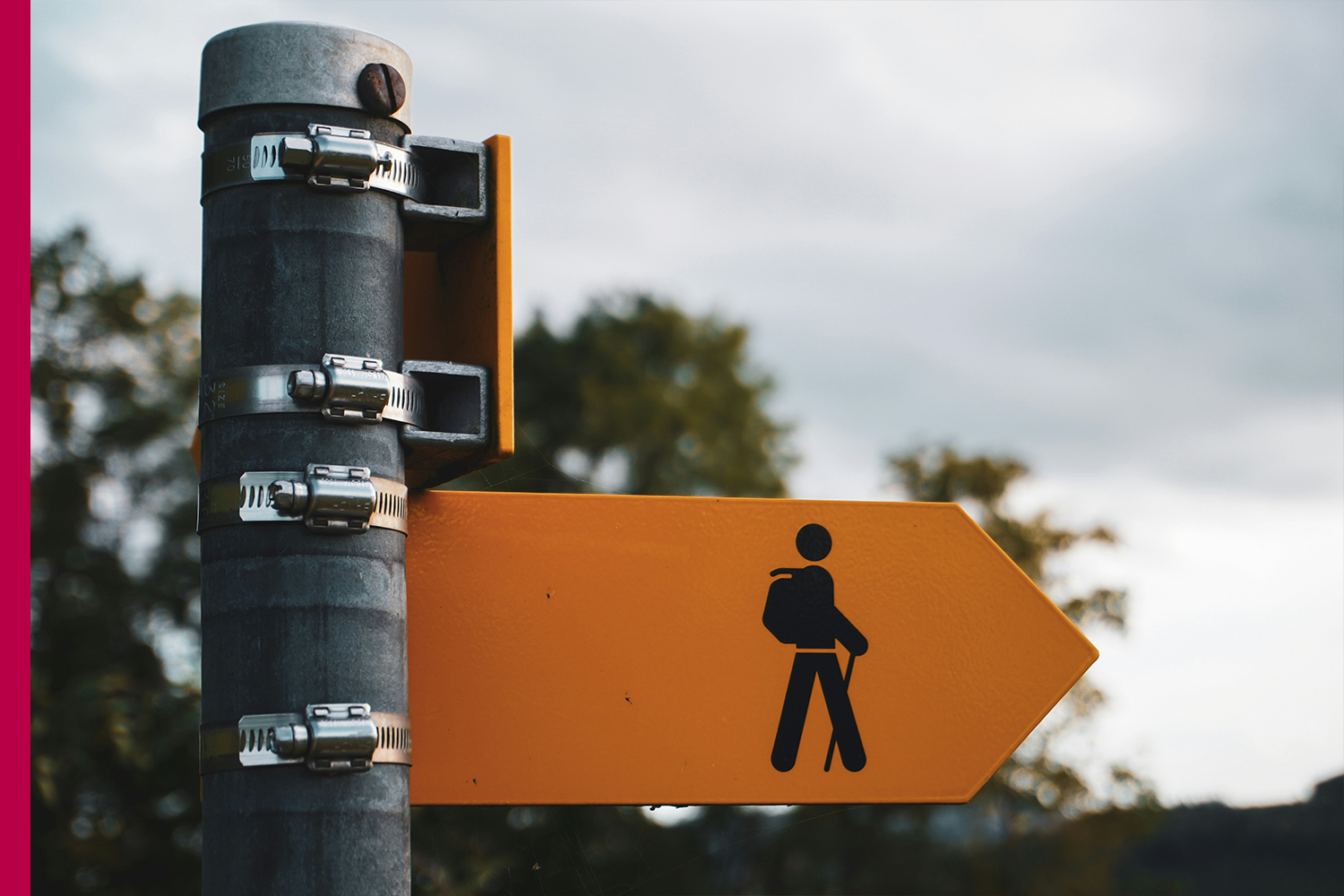Political leadership is inextricably linked to power, but the nature of this relationship is complex and multifaceted. At its core, political power is the ability to influence or control the behavior of others, and it is the very currency of politics. A leader’s effectiveness is often measured by their capacity to wield this power to achieve their goals. However, the use of power can be a double-edged sword: it can be used for the public good or for personal gain, to build a society or to tear it down. Understanding the dynamics between political leadership and power is essential to comprehending the world we live in.
The Nature of Political Power
Political power is not a monolithic concept; it comes in many forms. Sociologists and political scientists have identified various types, each with its own characteristics and methods of exercise.
Hard Power: This is the most direct and coercive form of power, typically associated with military and economic strength. It involves the use of force, sanctions, and threats to compel a state or an individual to act in a certain way. Historical examples, from Roman legions to modern military interventions, show how hard power can be used to achieve political objectives.
Soft Power: Coined by political scientist Joseph Nye, soft power is the ability to influence others through attraction and persuasion rather than coercion. It’s based on the appeal of a nation’s culture, political values, and foreign policies. A country’s popular culture, such as movies and music, or its moral authority can give it significant influence on the world stage.
Legitimate Power: This type of power is rooted in the formal authority of a political office or position. People obey a leader with legitimate power because they believe in the legitimacy of the system or the rules that granted that leader their position. In a democracy, for example, a president’s power is considered legitimate because they were elected through a a fair process.
Referent Power: This power comes from a leader’s charisma and personality. It is based on the followers’ admiration, loyalty, and identification with the leader. Charismatic leaders can inspire immense devotion and mobilize people for a cause, even in the absence of formal authority. Think of figures like Mahatma Gandhi or Martin Luther King Jr., whose influence came from their powerful moral vision and ability to connect with people.
The Exercise of Power
The way a political leader exercises power is a crucial determinant of their legacy. Power can be exercised in several ways, from open decision-making to more subtle forms of control.
Agenda-Setting: A powerful leader can shape the political debate by deciding which issues are and aren’t discussed. By controlling the political agenda, they can prevent certain topics from ever being debated, thereby maintaining the status quo and preserving their own interests.
Manipulation and Coercion: This is the most cynical use of power, involving the use of misinformation, propaganda, and force to control the public. Authoritarian leaders often use these tactics to suppress dissent and maintain their grip on power. This approach erodes trust and can lead to a state of constant fear and instability.
Persuasion and Coalition-Building: In democratic systems, political leaders often exercise power through persuasion and negotiation. They build coalitions, form alliances, and use their influence to sway public opinion and secure the votes needed to pass legislation. This form of power is less about domination and more about collaboration, which is essential for a functional democracy.
Institutional Control: Political power is often exercised by controlling key institutions, such as the judiciary, the media, and the civil service. By appointing loyalists to these positions, a leader can ensure that their policies are implemented and that their political adversaries are kept in check. This is a subtle but highly effective way to consolidate power.
The Corrupting Nature of Power
The age-old adage that “power corrupts, and absolute power corrupts absolutely” holds significant truth in the realm of politics. The accumulation of power can lead to a number of challenges and ethical dilemmas for a leader.
Erosion of Empathy: As leaders become more powerful, they can become detached from the struggles of the average person. The insulation of high office and the constant adulation can lead to a loss of empathy, making it difficult for them to make decisions that truly benefit their constituents.
Accountability Crisis: When power is concentrated in the hands of a few, the mechanisms of accountability often break down. Without checks and balances, leaders can act with impunity, leading to corruption, abuse of power, and a disregard for the rule of law. This is a common feature of autocratic and dictatorial regimes.
The Pursuit of Self-Interest: For many political leaders, the pursuit of power becomes an end in itself. They may prioritize their own survival and enrichment over the needs of the people they are supposed to serve. This can lead to political opportunism, where policies are made not for the public good, but for the sake of political expediency.
The Role of Leadership in a Democratic Society
In a democratic society, the relationship between political leadership and power is fundamentally different. Power is meant to be a tool for leadership, not a personal possession. A truly great democratic leader does not seek power for themselves but rather to empower others. They use their position to create opportunities, promote justice, and ensure that the voice of the people is heard.
A strong leader in a democracy understands that their power is temporary and that their legacy will be judged not by how much power they accumulated, but by what they did with it. They are held accountable by the electorate, a free press, and an independent judiciary. This system of checks and balances is designed to prevent the corrupting influence of power and to ensure that it remains a force for good.
Ultimately, the true measure of a political leader lies in their ability to use power for the betterment of society. Whether through hard power or soft power, through formal authority or personal charisma, a leader’s power is only as legitimate as the purpose for which it is used. It is the responsibility of political leaders to wield this power with wisdom, integrity, and a deep sense of duty to the people they serve.












